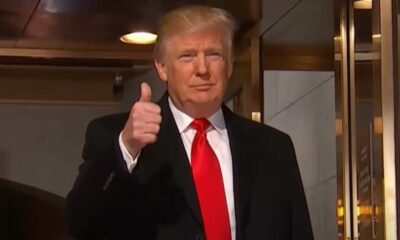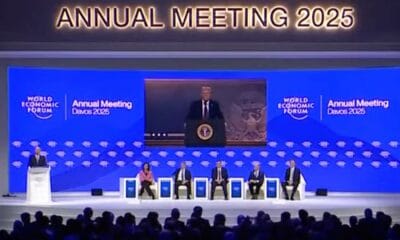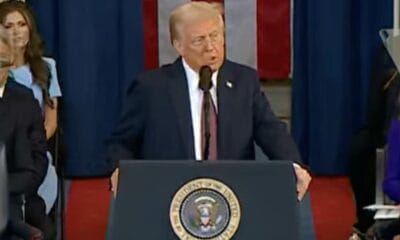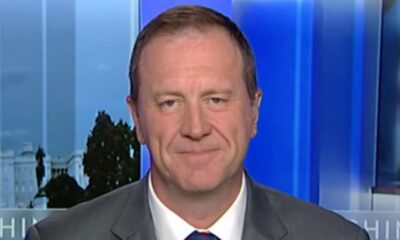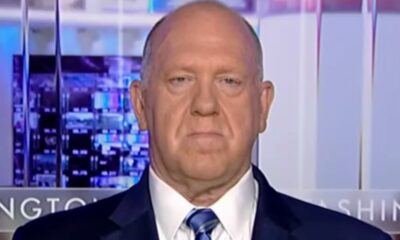2024 Election
Democracy in Peril? Illinois Judge’s Decision to Oust Trump Sparks Debate
In a recent ruling that has sparked controversy, Circuit Judge Tracie Porter of Cook County, Illinois, has disqualified former President Trump from the state’s March 19th primary ballot and the general election over the anti-insurrection clause. This decision has drawn sharp criticism, with many questioning the timing and motives behind the ruling.
During a segment on Laura Ingraham’s ‘Ingraham Angle‘ show, Laura herself expressed dismay at the ruling, highlighting the irony of Democrats claiming to protect democracy by excluding Trump from the ballot. She emphasized the need to protect the right to vote for all candidates, regardless of political affiliation.
Sol Wisenberg, former deputy independent counsel and Fox News contributor, criticized the judge’s timing, noting that the former president was given until Friday to file an appeal to the Supreme Court, despite the ruling being issued on a Wednesday. Wisenberg described the decision as “arrogant,” pointing out the apparent bias of the judge.
David Schoen, former Trump impeachment attorney, echoed Wisenberg’s sentiments, calling the ruling “anti-democratic” and predicting that the Supreme Court would overturn it. Schoen emphasized the importance of ballot access, stating that the ballot is essential for the functioning of democracy.
Porter’s decision has raised questions about her impartiality and judicial role. Her statement upon being appointed in 2021, where she expressed her motto as “impacting lives and changing communities,” has been criticized as straying from the role of a judge and veering into activism.
The ruling in Illinois is part of a larger trend, with 31 states in total having sued to kick the former president off the ballot. This has led to concerns about the potential erosion of democracy and the manipulation of the electoral process for political gain.
As the legal battle unfolds, the Supreme Court‘s eventual opinion will be crucial in determining the extent of a state’s power to disqualify candidates from the ballot. The case has broader implications for future elections, with the potential for a tit-for-tat scenario where states retaliate by excluding candidates from the ballot.
In conclusion, the ruling in Illinois has reignited debates about democracy, judicial activism, and the integrity of the electoral process. The Supreme Court‘s forthcoming opinion will provide clarity on the issue, but the controversy surrounding Porter’s decision is likely to persist.



